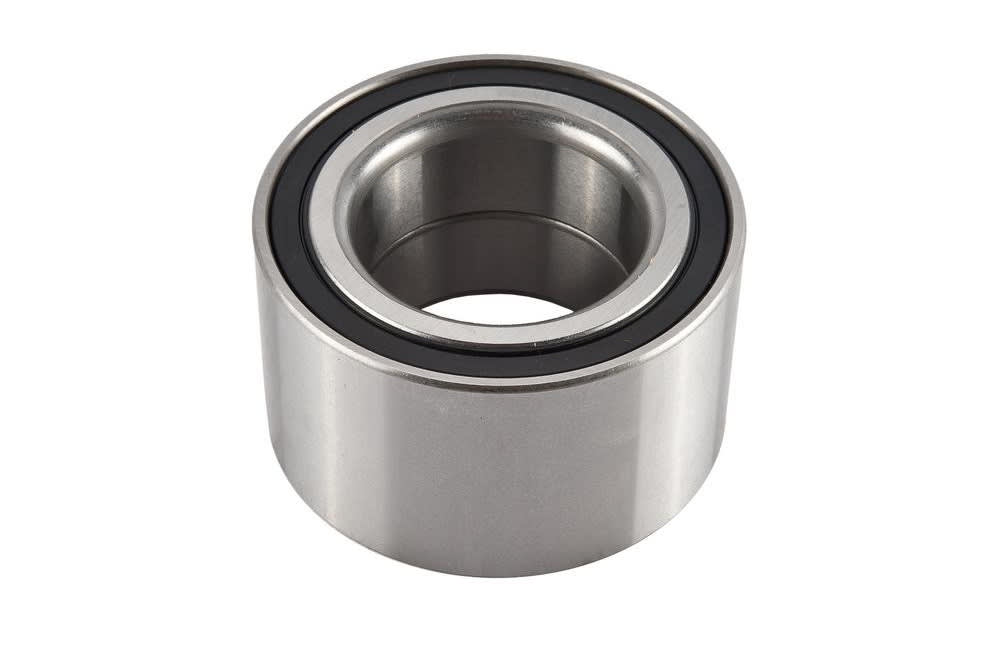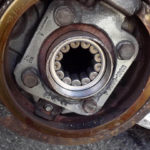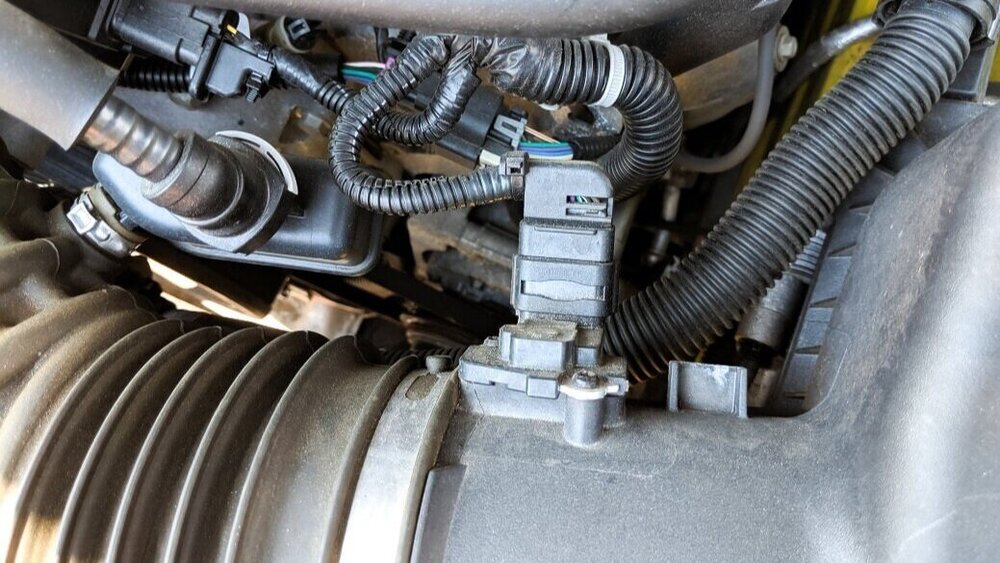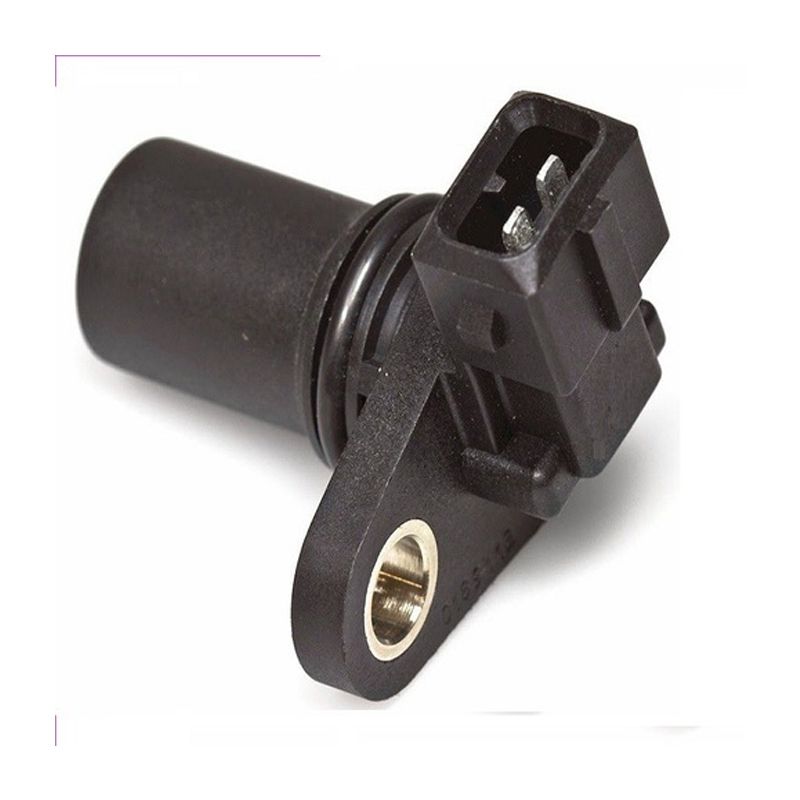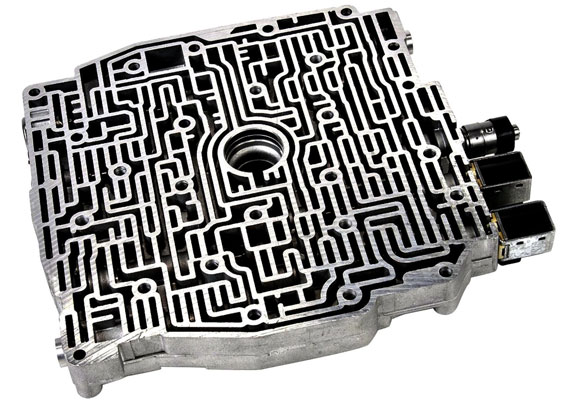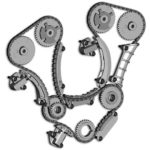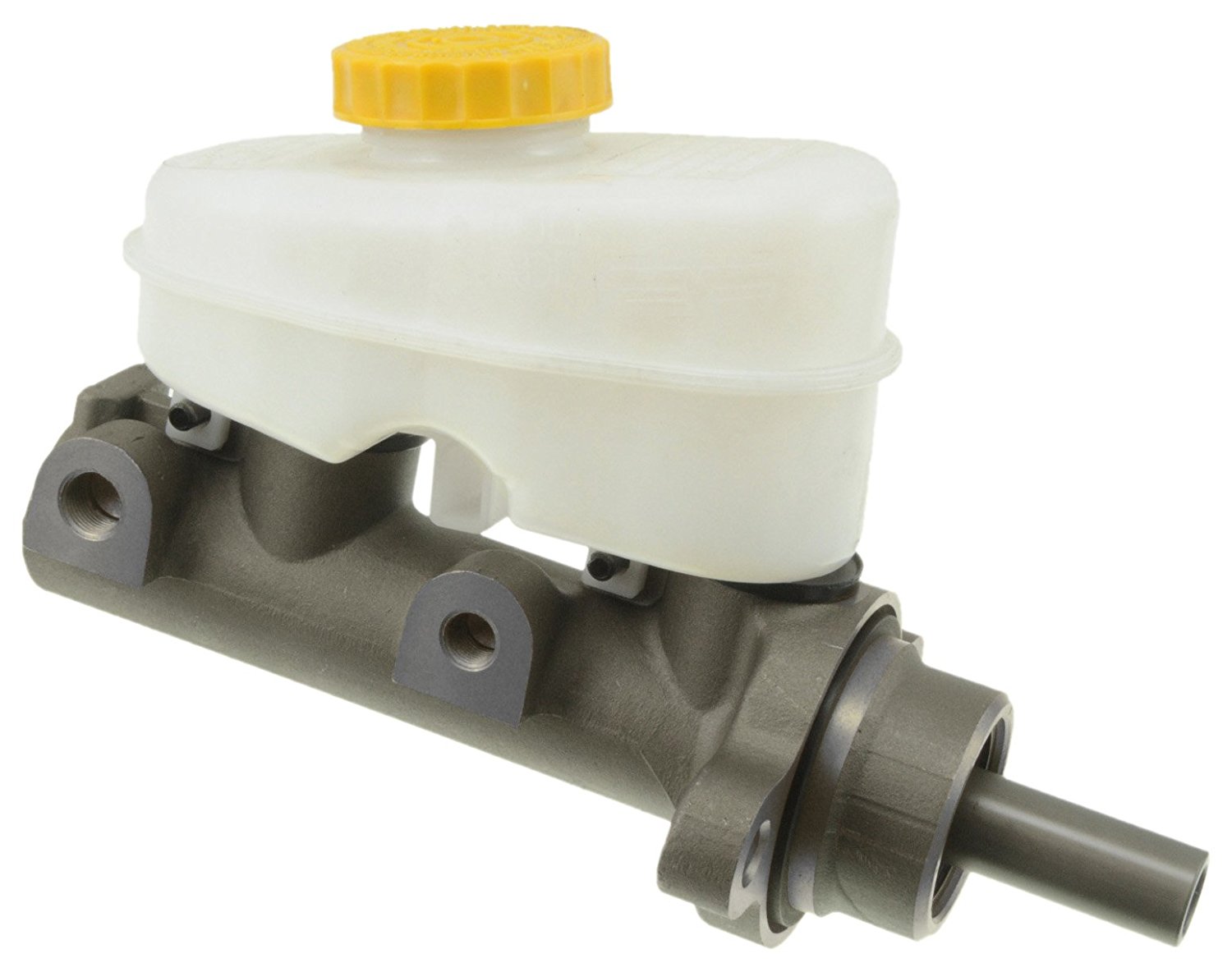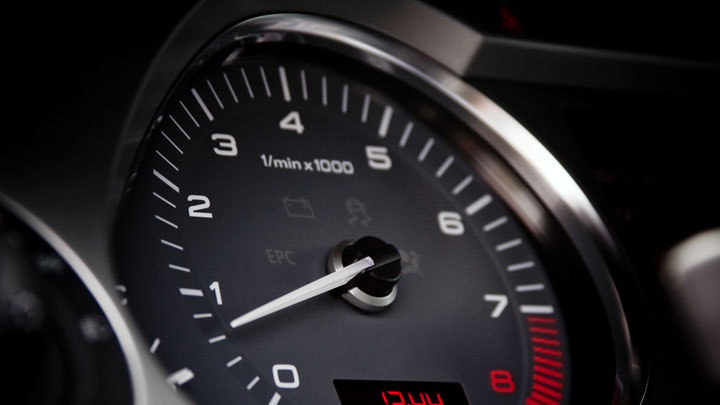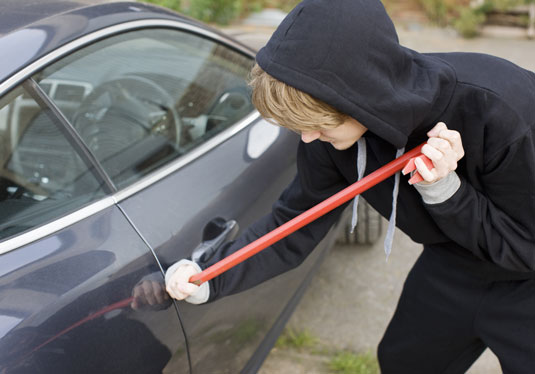Bad Wheel Bearing Symptoms. If you’re like me, then you love your car. You might even call it your “baby”. Well, when your baby starts making strange sounds and behaving erratically, what do you do? You consult a doctor, that’s who. Well, maybe not in this case – after all, wheel bearings aren’t normally subject to the Hippocratic Oath; but nonetheless, if a wheel bearing is bad then it needs to be replaced as soon as possible. The sooner the better; otherwise the damage can exacerbate and become much worse over time. So don’t ignore any of the symptoms of a bad wheel bearing that are detailed below!
Bad Wheel Bearing Symptoms
Hearing grinding noises when the car is in motion
If you hear grinding noises when your car is in motion, it’s probably the wheel bearing. The noise can be heard from the front wheels and can be confused with brake pad noise. Brake pads will make a high-pitched squeal, so if you’re hearing this noise, it’s not your wheel bearings.
If you think it might be the tires instead of your wheel bearings that are making that unpleasant sound, take a look at them for signs of uneven wear—when they’re worn unevenly they rub against one another while driving and create friction which makes a screeching or grinding noise. Wheel bearings aren’t generally responsible for this type of wear since they’re meant to last much longer than tires (in some cases up to 100,000 miles).
If all four tires show signs of uneven wear then they should be replaced immediately because they’ll cause further damage down the road such as blowouts or other accidents due to reduced traction on wet pavement or gravel roads which could result in serious injury or death if not corrected right away! So now we know what causes grinding noises but how do we fix them?
Feeling a vibrating sensation in the steering wheel, seat or pedals
If you’re driving and feel a vibration, the wheel bearing may be the culprit. But before you start thinking about replacing your wheel bearings, it’s important to consider a few things:
- The vibration could also be caused by a bad tire or worn suspension components. If this is the case, these parts will need to be replaced before the wheel bearing can be addressed properly (or else they will continue causing problems).
- The vibration may only appear at certain speeds and/or in specific directions—if so, this information will help narrow down which wheel bearing needs replacing (and prevent you from wasting money on unnecessary repairs).
A stiff steering wheel
- The steering wheel should be easy to turn.
- The steering wheel should not be difficult to turn.
- If the steering wheel is very stiff, this is a sign of a bad wheel bearing.
Difficulty turning the steering wheel left to right
Difficulty turning the steering wheel left to right. If you can feel resistance or if your car stops turning before it’s supposed to, there’s a problem with the wheel bearing. You may also have difficulty turning the steering wheel at all—if this is the case, you won’t be able to drive your car and should have it towed immediately.
These are all signs of a bad wheel bearing
The wheel bearing is a critical component of your car, as it allows the wheels to spin freely. If you begin to notice any of these signs, a bad wheel bearing could have caused them:
- A grinding noise when turning the steering wheel
- Steering feels loose or shaky
- The vehicle pulls to one side when driving straight ahead
Conclusion
According to the information above, you should now be able to recognize the signs of a bad wheel bearing and know what steps are needed to fix them. If you need more help with this issue or any other automotive problem, then visit our website for support.

